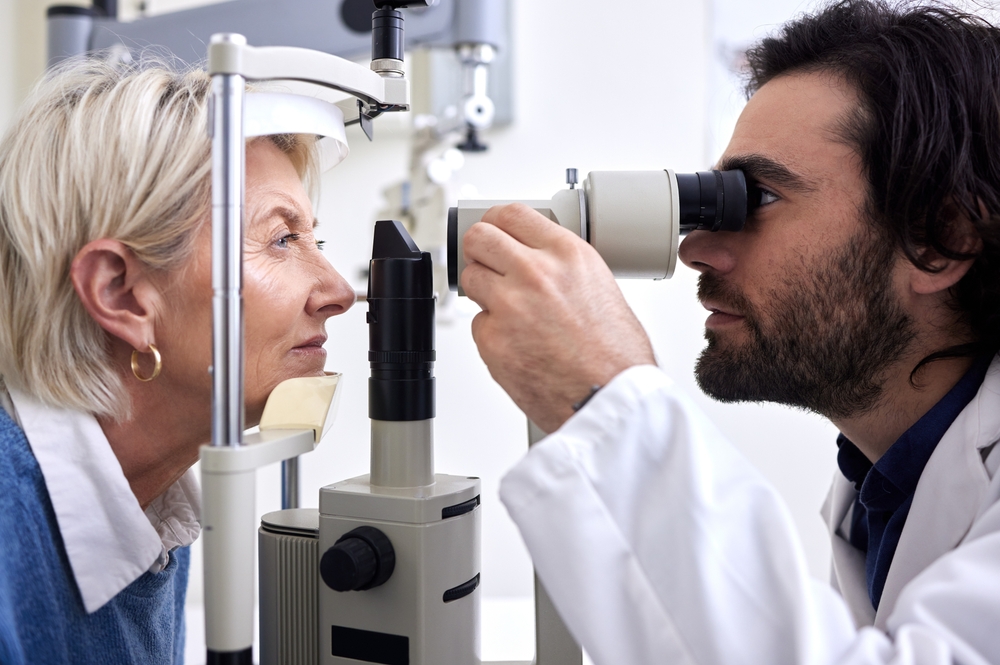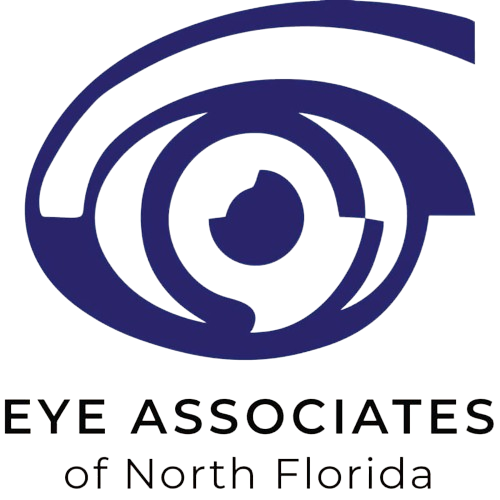Can Cataracts Come Back After Cataract Surgery?

Cataracts are a common cause of vision changes, especially for older adults. Most cataracts are age-related, and there isn’t a way to prevent them from happening.
They cause a clouding of the lens of the eye, which can worsen over time and make it harder to see. When cataracts first develop, they may not cause much of a change in your vision.
As they worsen, you may find that your vision is compromised, and you have difficulty taking part in your favorite activities. The only treatment for cataracts is cataract surgery.
Cataract surgery completely removes the natural lens. Keep reading to learn more cataract surgery, and whether or not cataracts can come back after cataract surgery!
What Are Cataracts?
Cataracts are a clouding of the naturally clear lens of the eye. The lens is a crystalline structure that sits behind the pupil and iris.

It helps focus light onto the retina, which sends images to the brain. The lens is made of protein, and over time, the structure of the protein changes and forms clumps.
These clumps can create clouded or discolored patches that limit the amount of light that can pass through the lens. Most cataracts are age-related, though there are cases of congenital cataracts or cataracts that form after an injury to the eye.
When cataracts first develop, they may be so small they don’t affect your vision at all. You may only know you have them if your eye doctor notices them during a routine eye exam.
As time passes, the cataracts will get larger and start to affect how well you see. You may begin to notice changes to your vision, such as:
- Increased blurriness
- Difficulty seeing in low light
- Colors seem dimmer or duller
- Halos around lights
- Increased glare or light sensitivity
Eventually, you may have significantly blurred vision. You may find that your vision is so obstructed that you cannot perform normal activities like driving, preparing meals, or reading.
There is no way to prevent or treat cataracts. Once they develop, there are no medication or lifestyle changes to reverse or improve them.
Cataract surgery is the only way to deal with cataracts when they cause significant vision issues.
How Do I Know When It’s Time For Cataract Surgery?
Your eye doctor will likely recommend cataract surgery once your symptoms begin to interfere with your everyday life. If you are experiencing symptoms of cataracts, it’s important to visit your eye doctor so they can monitor the progress and suggest surgery when necessary.
What to Expect During Cataract Surgery?
Cataract surgery is a simple, effective procedure to replace the clouded natural lens with a clear artificial lens called an intraocular lens (IOL). The IOL not only reverses the vision issues caused by cataracts, but it can correct common refraction errors such as nearsightedness or farsightedness.

Your eye doctor can help you choose the best IOL for your vision needs. Cataract surgery can happen in your eye doctor’s office, and it takes less than an hour.
You don’t need general anesthesia for the procedure, though you may request medicine to help you stay relaxed during the procedure. Your cataract surgeon will also administer numbing eye drops so you won’t feel any discomfort.
You will be able to go home shortly after your cataract surgery. During cataract surgery, your eye doctor will use specialized tools to make a small incision in the affected eye.
Once they have access to the lens, they will gently break it into smaller pieces and remove them all. Your eye doctor will then insert the IOL into the capsule that is used to hold the natural lens.
Once the IOL is in place, the procedure is done. Your eye will heal without stitches or other wound closure.
Can Cataracts Come Back After Surgery?
Cataracts can only develop on the natural lens of the eye, not the artificial lenses used in cataract surgery. Cataracts are caused by changes to the naturally occurring proteins in the lens, not by any sort of buildup that can attach to an IOL.
In some cases, people who have had cataract surgery develop a condition that is sometimes called secondary cataracts. Despite the name, this condition isn’t true cataracts.

It’s actually a condition called posterior capsule opacity (PCO). With PCO, the thin membrane that forms the pouch around the new lens gets cloudy or hazy.
That can block light and cause symptoms similar to cataracts. However, there is no change to the IOL itself.
Your eye doctor can easily correct PCO with a simple laser procedure called a YAG laser capsulotomy. Your eye doctor can use a specialized laser to remove scar tissue that’s built up on the lens capsule.
This creates a clear opening and can restore vision. The process only takes 5 minutes, and it’s painless.
Since there is no incision, there is no recovery time. You can leave your appointment with your vision back to normal.
Are you experiencing cataract symptoms? Schedule an appointment at Eye Associates of Tallahassee in Tallahassee, FL, today!







